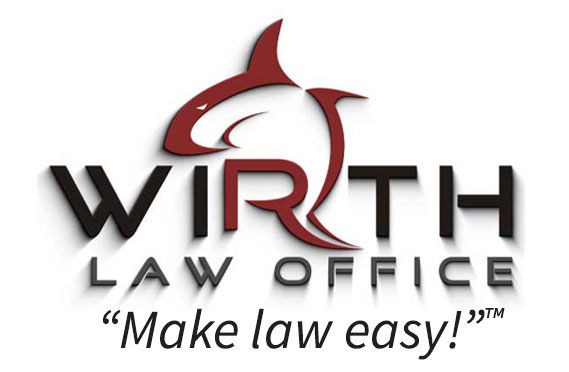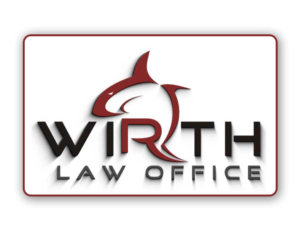Statements Have to Be Proven
Hi, my name is Stuart Ericson. I am a lawyer in Wagoner, Oklahoma. Today we’re going to talk just a little bit about hearsay.
Hearsay is in the evidence code, and the definition of it is when a witness on the stand attempts to admit an out-of-court statement or a statement from somebody else and tries to claim that the statement is truthful. If I’m the witness, obviously I could testify to everything that I heard, that I saw, that I witnessed, but if I want to take the stand and say, “Hey, John Smith told me that he saw the defendant kick in the door and go in the house.” Well, that is where I, as the defense attorney, would stand up and object and go, “Objection, judge. Hearsay,” and that would be sustained because that is hearsay. You’re attempting to bring into court somebody else’s statement who’s not on the stand, and bring that into court as evidence against that defendant, and to offer it as the truth when they’re not even here.
That is not allowed because you’re not allowed to… That would prevent the defense from cross-examining that witness. They’re the ones that saw it. The defense should be allowed to ask them how they saw it, where they were, and all the circumstances around that, not just somebody else coming in and saying, “I heard him say that.” That is inadmissible, and that is what hearsay is. It’s something from out of court, not from the witness’s own personal knowledge and trying to offer it against. That is not allowed. The judge’s rule on what’s hearsay or not. Of course, it’s up to the defense attorney to object. If it’s not objected to, hearsay may get in. You need to have an attorney that’s going to stand up and object and be listening for any hearsay or anything objectionable in a hearing or in a trial. That is very, very important.
There are always exceptions to every rule. There are exceptions to hearsay. Ones that are well-established or dying declarations. Somehow, if you’re a witness on the stand and you testify, you saw somebody stabbed, they’re bleeding and they claim something as they’re dying. That is allowed as non-hearsay as an exception to the hearsay rule because the feeling is that if somebody thinks they’re going to die, they’re going to be telling the truth. Therefore, that gets in.
An excited utterance is another one. If somebody blurts something out in an excited utterance, the law over the years has said that they’re probably telling the truth and somebody else can continue to relay what they said. But again, it’s complicated. There’s a lot of case law on it, and basically, that’s just where you need an attorney that is going to be prepared to anticipate any hearsay and be ready to object immediately. Have answers as to why you think it is hearsay and why it is inadmissible against your client because hearsay can be damaging.
Again, you’re trying to bring something from outside and what somebody else said or heard or saw, and just get that in without them being cross-examined at all. That is why that is very important. There are exceptions, and there are some things that are called non-hearsay, but again, that gets into all the technical stuff.
If you have any questions about hearsay, reach out to me, Stuart Ericson, a criminal defense attorney in Oklahoma, at wagonerlawyer.com.








